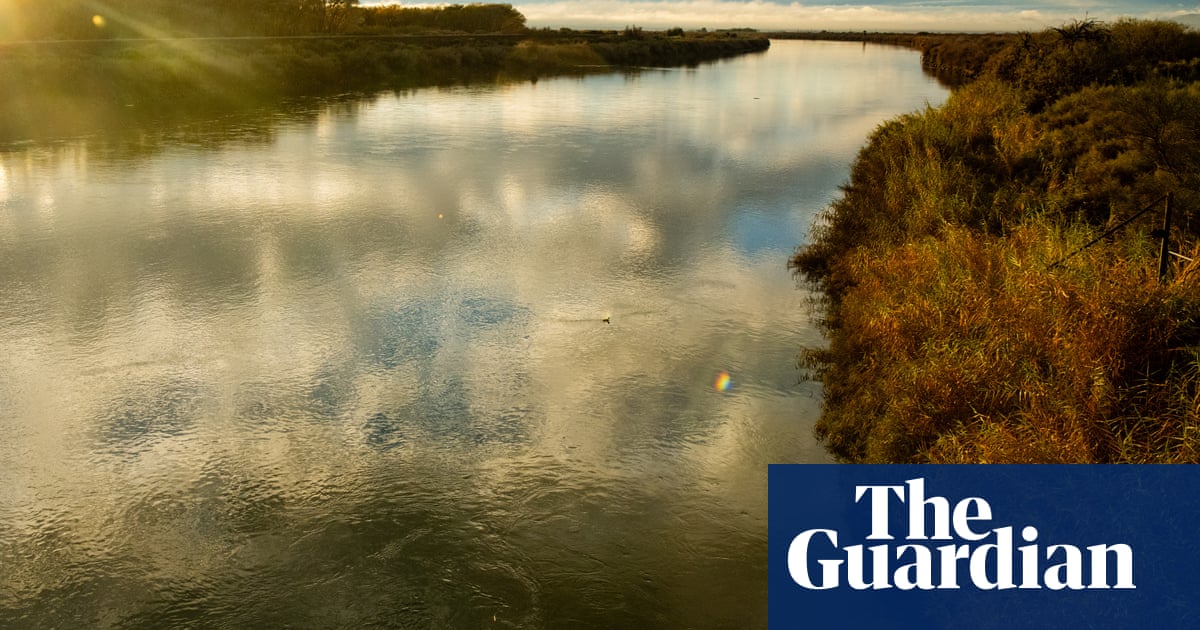In an unprecedented deal, a private company purchased land in a tiny Arizona town – and sold its water rights to a suburb 200 miles away. Local residents fear the agreement has ‘opened Pandora’s box’
One of the biggest battles over Colorado River water is being staged in one of the west’s smallest rural enclaves.
Tucked into the bends of the lower Colorado River, Cibola, Arizona, is a community of about 200 people. Maybe 300, if you count the weekenders who come to boat and hunt. Dusty shrublands run into sleepy residential streets, which run into neat fields of cotton and alfalfa.
Nearly a decade ago, Greenstone Resource Partners LLC, a private company backed by global investors, bought almost 500 acres of agricultural land here in Cibola. In a first-of-its-kind deal, the company recently sold the water rights tied to the land to the town of Queen Creek, a suburb of Phoenix, for a $14m gross profit. More than 2,000 acre-feet of water from the Colorado River that was once used to irrigate farmland is now flowing, through a canal system, to the taps of homes more than 200 miles away.
A Guardian investigation into the unprecedented water transfer, and how it took shape, reveals that Greenstone strategically purchased land and influence to advance the deal. The company was able to do so by exploiting the arcane water policies governing the Colorado River.



lol unprecedented? The entire country of LA would not exist without the early-LA government buying up water rights in the eastern sierras to pipe to LA, and then telling the local farmers there they were shit outta luck the first time drought hit.
If anyone is interested in Western US water rights - Cadillac Desert by Marc Reisner is a great book. I usually recommend at least the first quarter of it, as it gets pretty dry and repetitive in the second half. But the first couple chapters talk about the first expedition down the Colorado River and early water rights, which was super interesting. Second half of the book mostly goes over large water projects like dams and aquaducts.